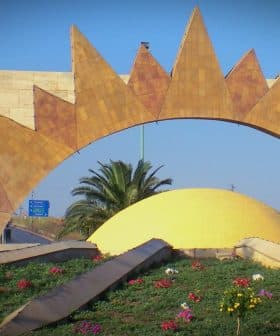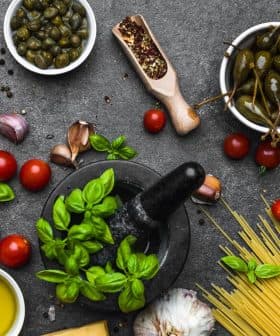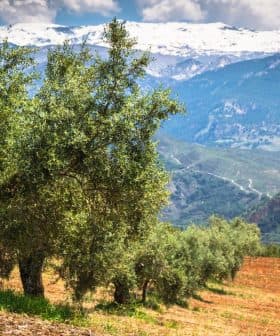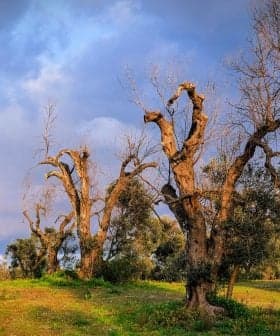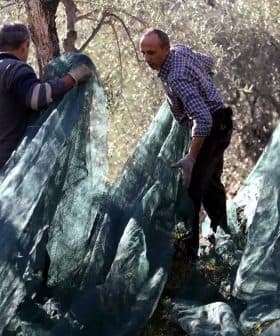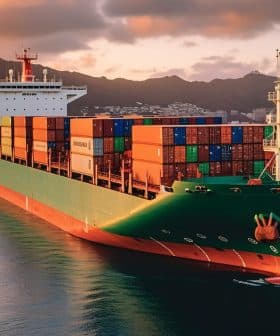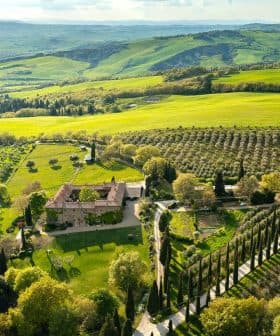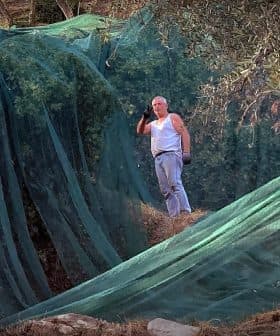Doing Hard Time in Italy's Last Island Prison Means Making Olive Oil
Gorgona, Italy’s last island prison, hosts inmates who produce extra virgin olive oil from a rare olive variety called Bianca di Gorgona. The prisoners work on agricultural projects and animal care, with the goal of rehabilitation before rejoining society.
Some of the most beautiful and unspoiled islands in the world are prisons. Breathtaking spots — from the Island of Bastøy in Norway to Iwahin in Philippines — host or have hosted penal colonies.
Forced isolation has given rise to an inevitable paradox: the aberration of crime and the triumph of creation.
Italy’s last island prison is Gorgona.
Here, during the course of rehabilitation of the inmates, a small miracle is realized: the prisoners produce extra virgin olive oil. Moreover, the island is the birthplace of an extremely rare olive variety that counts only a few dozen plants: the Bianca di Gorgona.
The island is located in the Tuscan Archipelago National Park, a marine Park in the Provinces of Grosseto and Livorno, Tuscany, that includes a group of islands among which Elba, Giglio Island and Montecristo.
Here a model prison lodges 60 inmates of which at least 50 are free to live in open air, not locked up in cells, tending to agricultural work and farm animals. Only with the evening curfew they must return to their rooms.
In addition to a joinery and a mechanic’s workshop, the inmates take care of about 250 animals including bovines, ovines, pigs and poultry. They maintain an apiary, manage a cheese factory and a bakery and produce Vermentino and Ansonica wine from a vineyard of about 5 acres.
Of an olive grove consisting of 1,000 plants between Leccino, Moraiolo and Bianca di Gorgona, a small part is dedicated to the production of olive oil.
“Gorgona Penal Colony is the result of a great work of Prison Administration,” the Special Inspector Mario Pascale said. “The job opportunity offered to the inmates assigned to the island is unique in Italy. They are trained and prepared to return to the community, having served the sentence.”
After a two-year break in oil production due to unfavorable weather conditions, about 300 kilograms of Bianca di Gorgona olives have been collected this season.
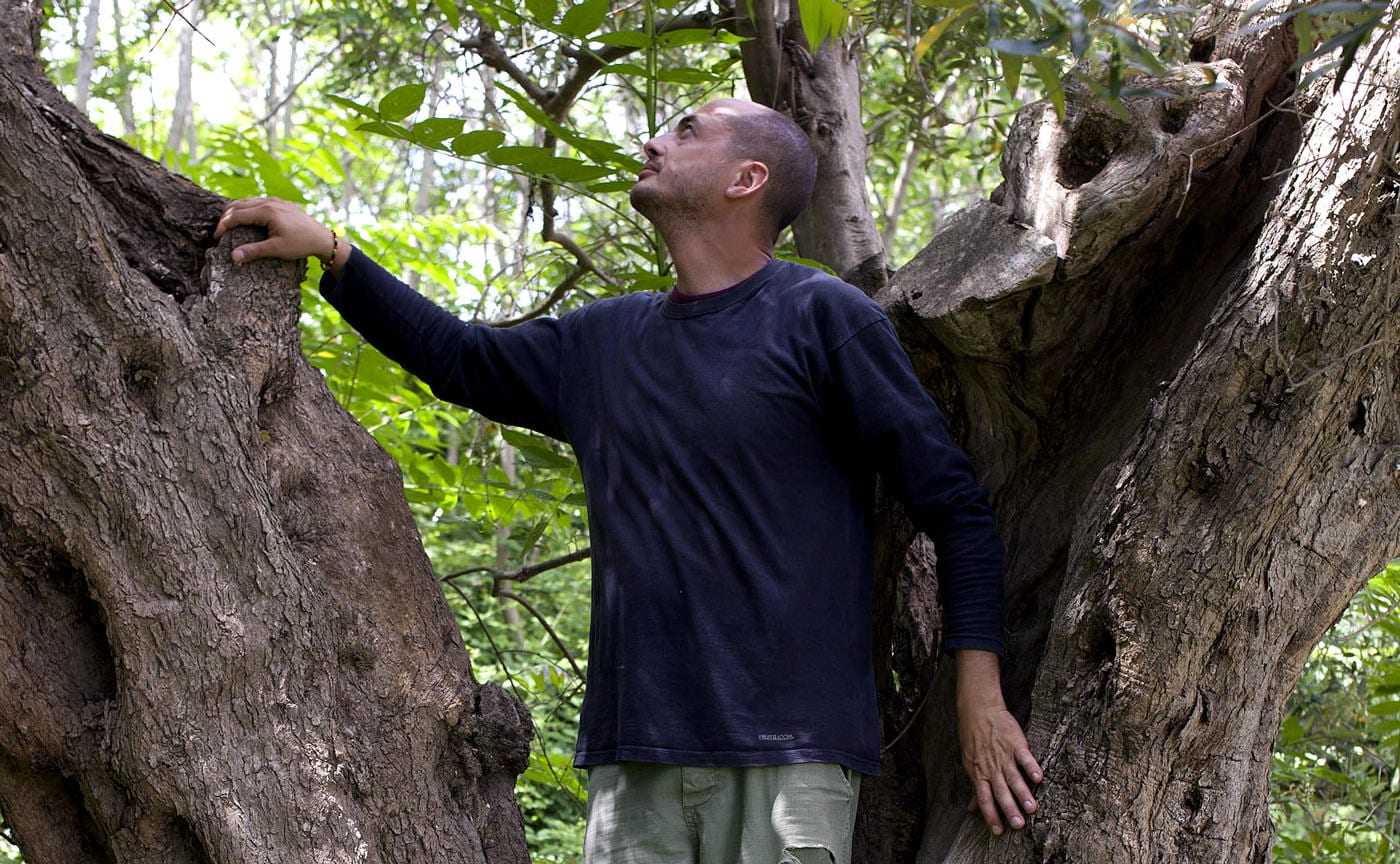
Agronomist Francesco Presti on a Bianca di Gorgona olive tree
“From about 30 plants of the native cultivar we obtained approximately 40 liters of a bright green, slightly fruity monovarietal EVOO, with hints of freshly cut grass,” the Agricultural Technical Director Federico Falossi explained.
After the harvest, olives were immediately pressed in a mill in Casciana Terme, in the province of Pisa. There is a press on the island, but it would have been too difficult to put it back in service having been idle for two years for the modest amount of olives gathered. “We wish to have a rich harvest soon to put it back into operations,” Falossi added.
“The first time I arrived on the island I was hesitant,” the agronomist says, “but then I changed my mind. The inmates work with care and passion. They attend training courses, accumulating knowledge that will be useful once released. And you can feel their commitment in the quality of the island products”.
The research for the determination of the rare native variety was accomplished in 2012 by the Agronomist Francesco Presti, in collaboration with Claudio Cantini, a researcher at the National Research Council of Italy Trees and Timber Institute.
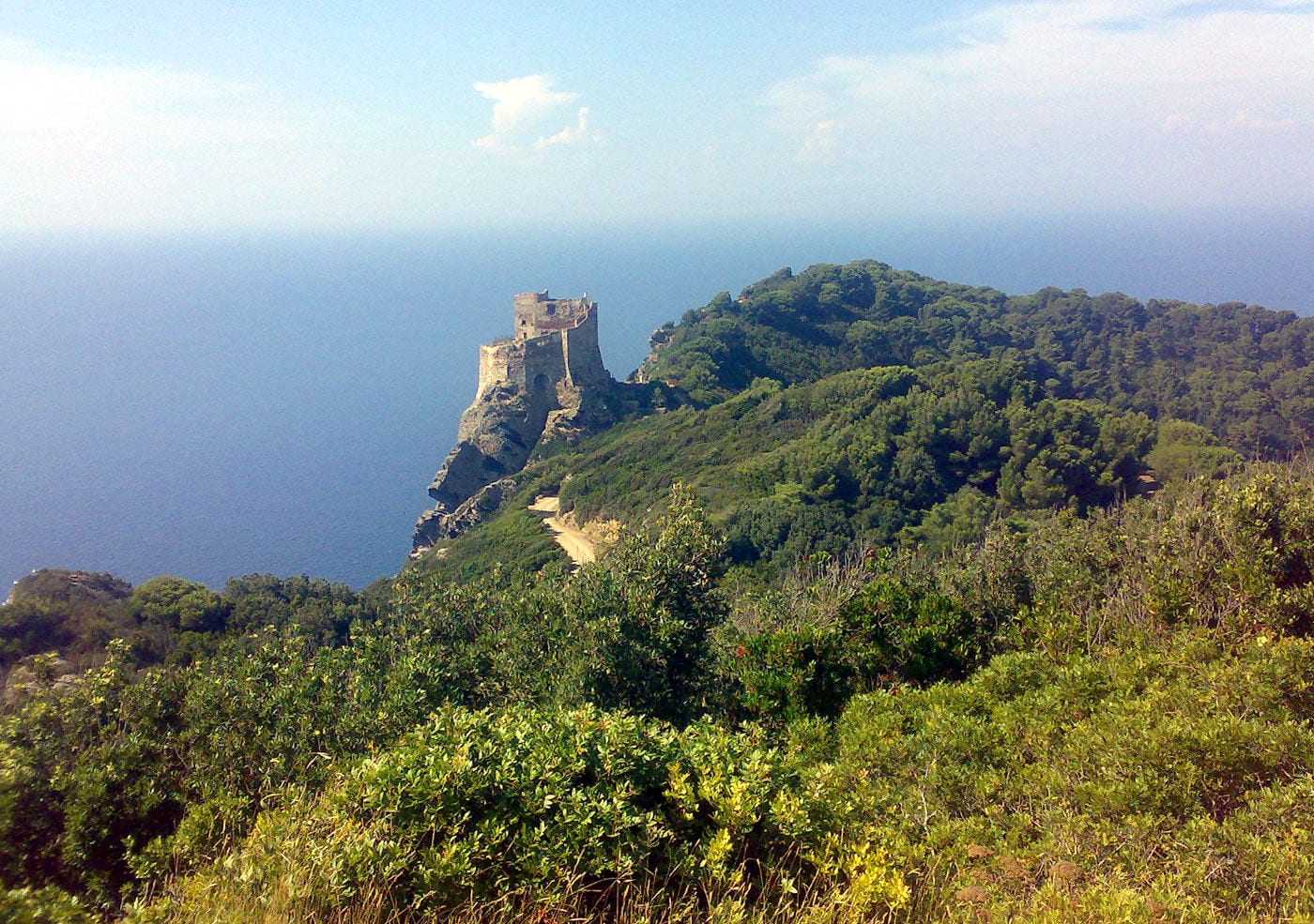
Torre Vecchia (Old Tower) was built as a watchtower by the Republic of Pisa in the 12th century to defend the island from pirates and corsairs
Morphological and genetic analysis revealed that the plant has a peculiar molecular profile, different from any other — a new cultivar that needed a new denomination. “My daughter’s name is Bianca and when we had to choose the nomenclature for the new variety, I chose Bianca di Gorgona in her honor,” Francesco Presti confessed.
The beautiful secular trees on the island were probably planted by Carthusian monks, who lived in a monastery here until the end of 1700. The isolation of this ecosystem probably contributed to the development of the unique variety, and other species of plants and animals.
Since the particular conditions of the island make it difficult to reach all of the olive trees, some plants are now incorporated in a wooded area.
The native variety seems to be very resistant, despite wind and salt due to the incessant exposure to seawater, and it is possible to obtain a very good product even under organic farming, with medium polyphenolic and high tocopherol content, according to chemical analyses.


